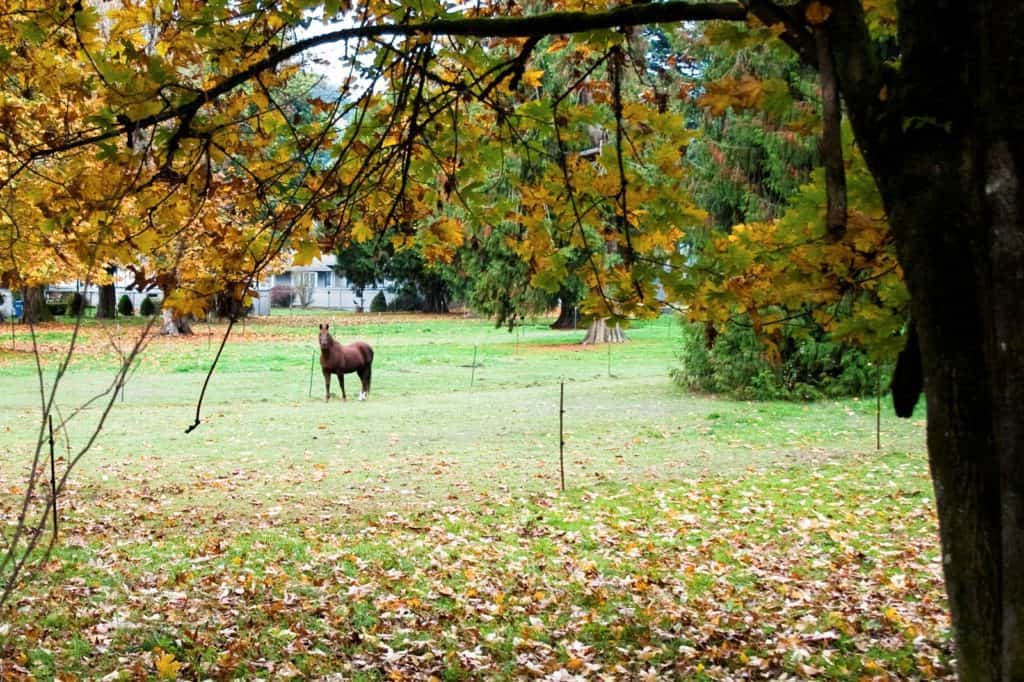
Protecting Your Horse From Poisonous Fall Leaves
Is it okay for my horse to eat leaves that have fallen from trees in his pasture?

Is it okay for my horse to eat leaves that have fallen from trees in his pasture?

Certain groups of horses can benefit from eating soaked alfalfa pellets, which are the finely chopped and compressed form of the nutrient-dense legume.

Phytoestrogens in horse diets might have physiological effects on mares. An equine nutritionist explains how and why.
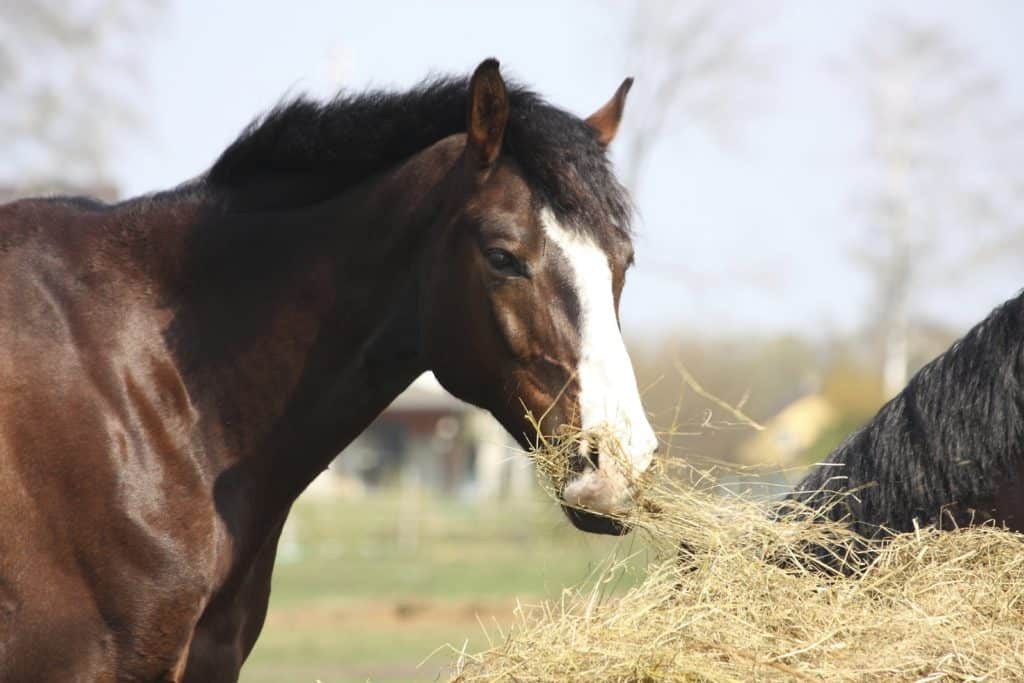
Our equine nutrition expert offers a reader advice on how to feed a thin horse with a history of laminitis without causing another bout of the disease.

The primary factors that influence equine Cushing’s test selection are season and severity and number of clinical signs.

Does your horse need a salt block? Should you top-dress their feed? An equine nutritionist weighs in.
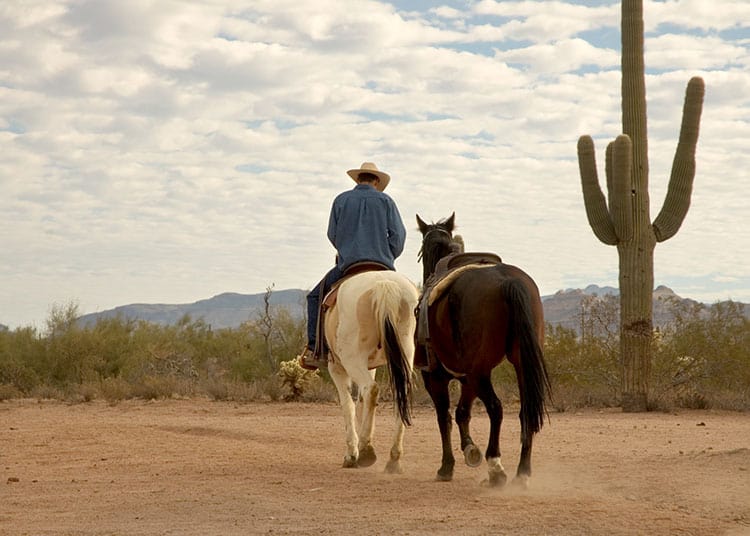
Don’t forget horses need calories to keep cool in the heat.

Horses living in areas with sandy soil are at a greater risk of sand colic and impactions. An equine nutritionist offers advice on mitigating this risk.
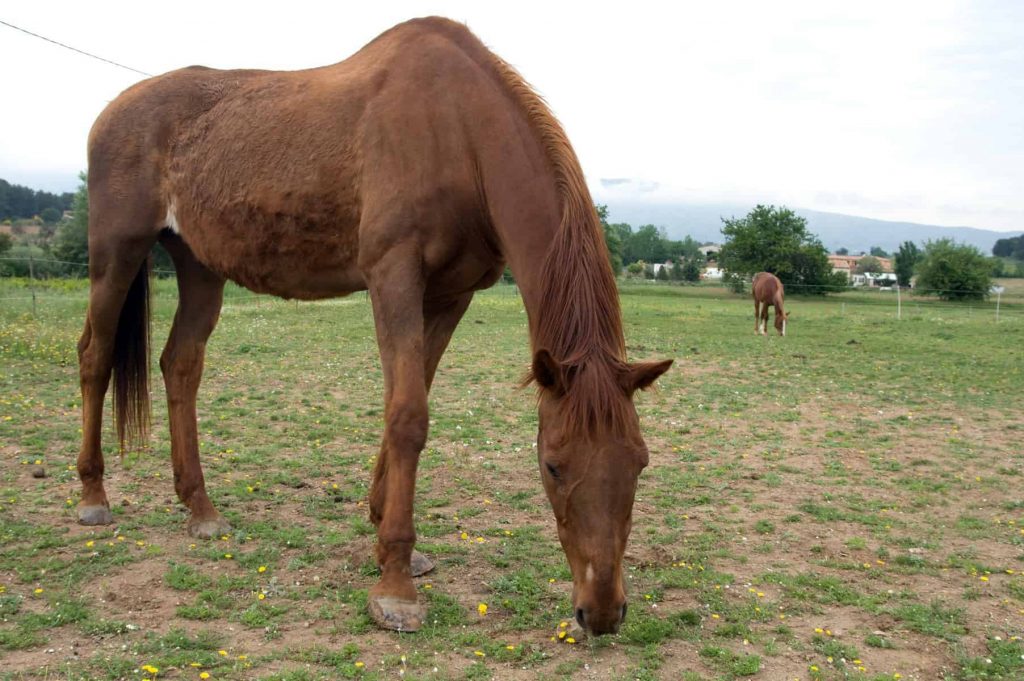
Chronic diarrhea can be very frustrating for horse owners and veterinarians to treat. An equine nutritionist offers advice for handling these challenging cases.
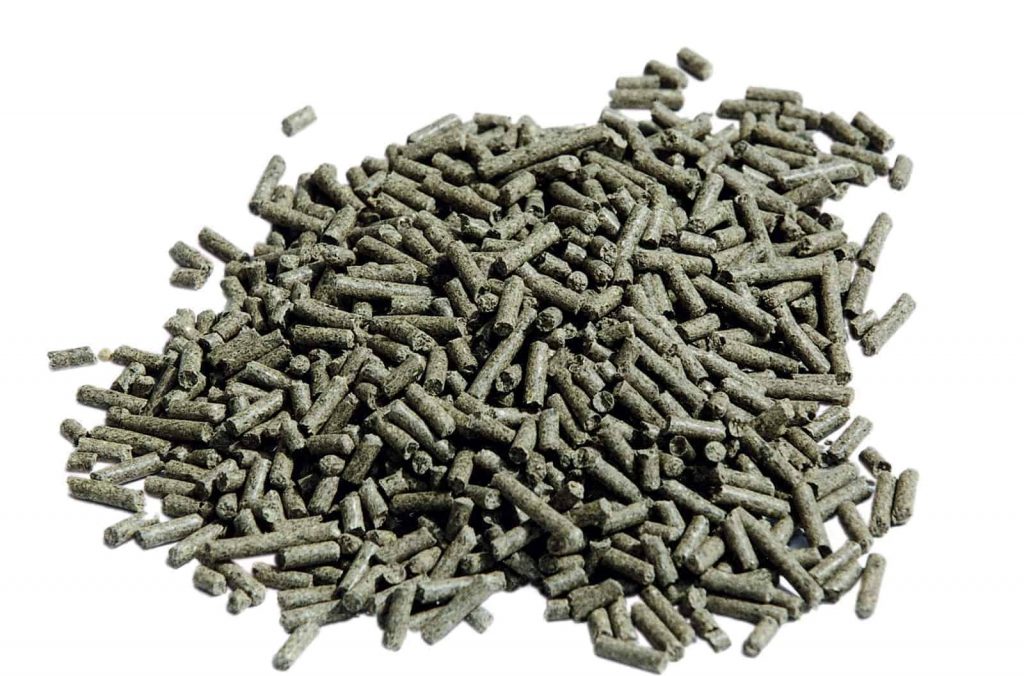
Is it safe to feed your horse alfalfa pellets and grain alone? An equine nutritionist weighs in on the subject.

Grazing muzzles can promote equine weight loss, but it is important to introduce them correctly so horses know how to use them and don’t become stressed.
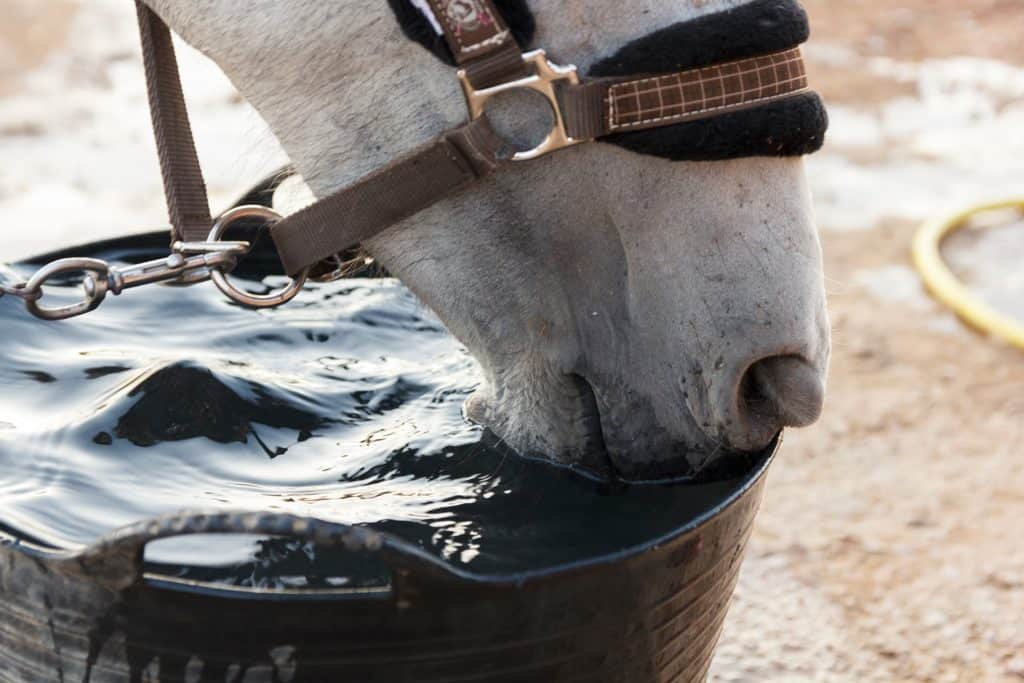
Keeping competition horses well hydrated isn’t always easy. One nutritionist offers tips to help prevent dehydration.

Here’s how to implement feed and exercise changes for horses that are overweight or obese.
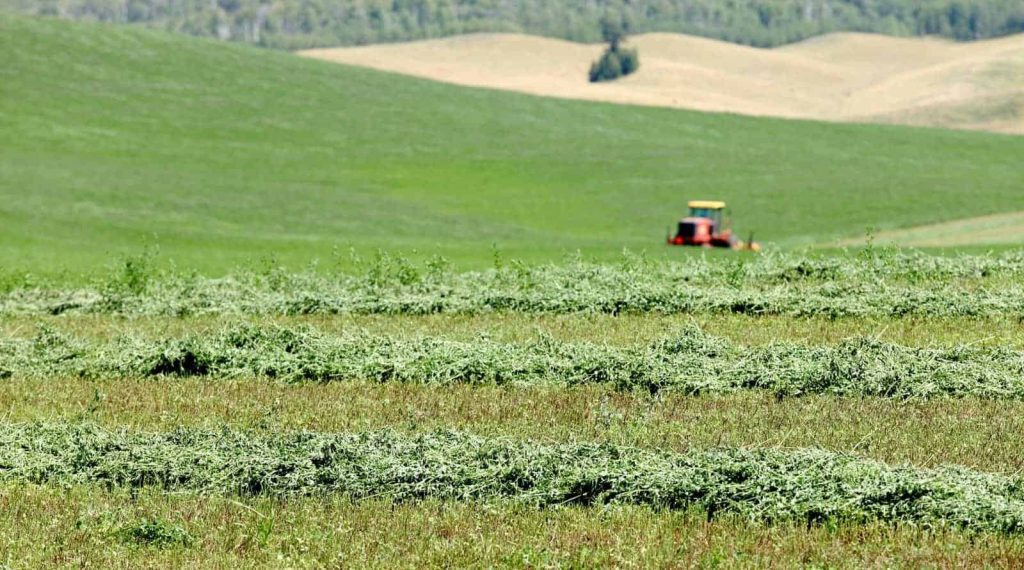
Learn how to choose the right type of forage for horses with metabolic problems.
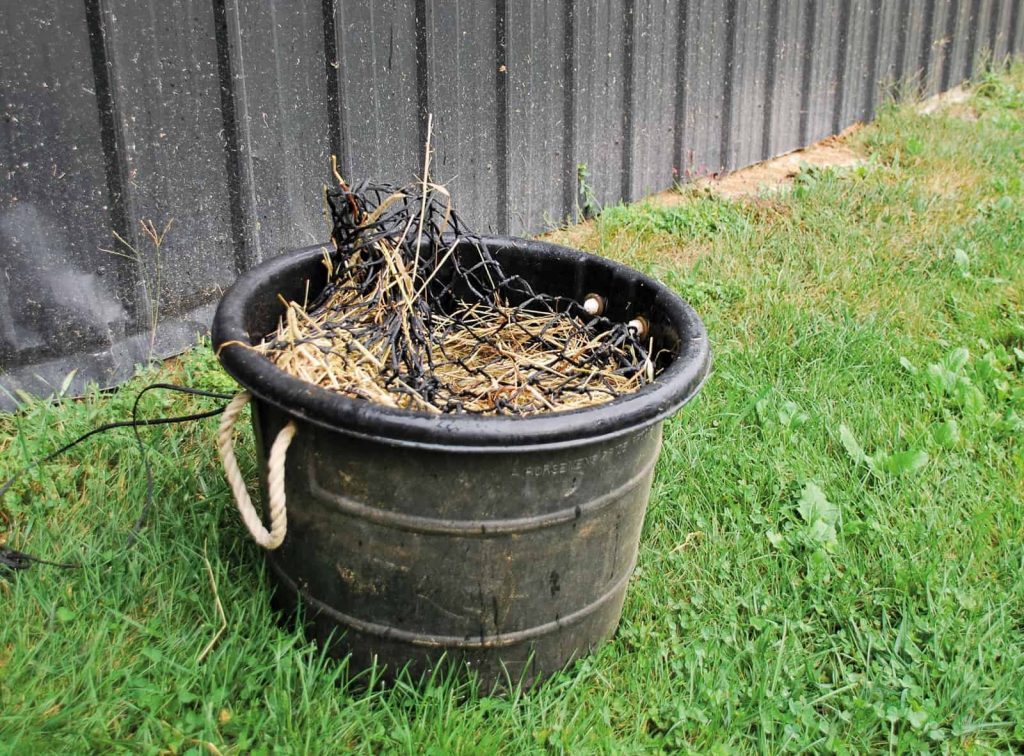
Soaking hay for horses with PPID or insulin dysregulation can reduce the WSC and ESC values, making it safer for these horses to consume.

Tying-up is a painful muscle condition in horses. An equine nutritionist offers advice on how to balance your horse’s diet to decrease the likelihood of an episode.
Stay on top of the most recent Horse Health news with
"*" indicates required fields